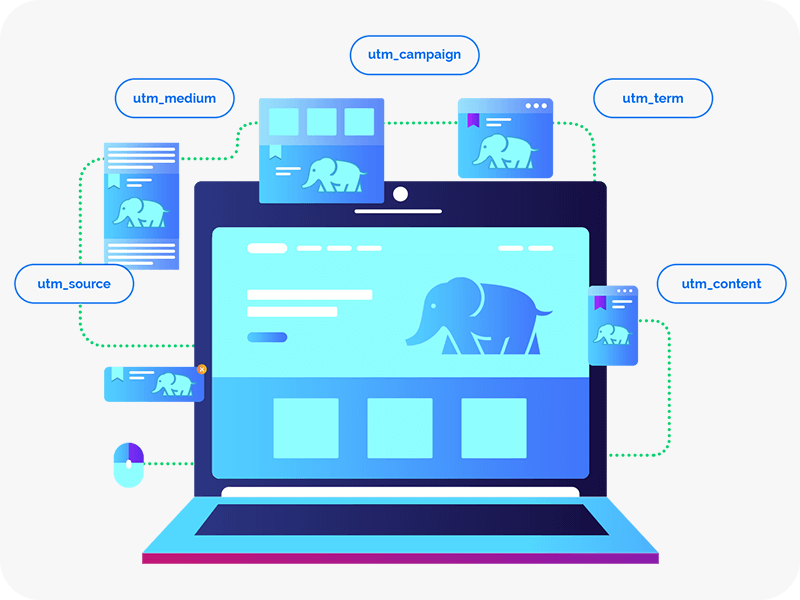Complete guide to UTM tags: what they are, why they matter, and how to create and use them for marketing analytics.
UTM tags are parameters added to URLs to track the effectiveness of marketing campaigns, traffic sources, and promotion channels.
If you want to know exactly where your visitors come from and what actions they take, UTM tags are an essential tool.
What Are UTM Tags?
UTM (Urchin Tracking Module) is a set of special parameters in a URL that are passed to analytics systems (like Google Analytics).
Main parameters:
- utm_source — traffic source (e.g., google, facebook)
- utm_medium — marketing channel (cpc, email, social)
- utm_campaign — campaign or promotion name
- utm_term — keyword (for search ads)
- utm_content — additional parameter to differentiate similar links
Why Use UTM Tags?
- Track which campaigns bring the most traffic and conversions
- Understand user behavior by channels
- Evaluate the effectiveness of different ad platforms
- Optimize marketing budgets
How to Create UTM Tags Properly?
- Set a clear naming structure and standards — so everyone on your team follows the same rules.
- Use clear and logical names — for easy navigation in reports.
- Avoid spaces and special characters — use underscores or dashes instead.
- Test links before use — to avoid broken URLs.
Example of a URL with UTM Tags
How to Create UTM Tags Quickly?
Use special generators — for example, the built-in tool at vibes.su lets you quickly create and shorten links with UTM tags, plus track their stats.
Tips for Using UTM Tags
- Add UTM tags to all marketing channel links
- Avoid using UTM for internal navigation links
- Train your team to use UTM tags consistently
Conclusion
UTM tags are a simple and powerful way to get detailed analytics on your marketing efforts. Use them properly to make better decisions and increase ROI.
